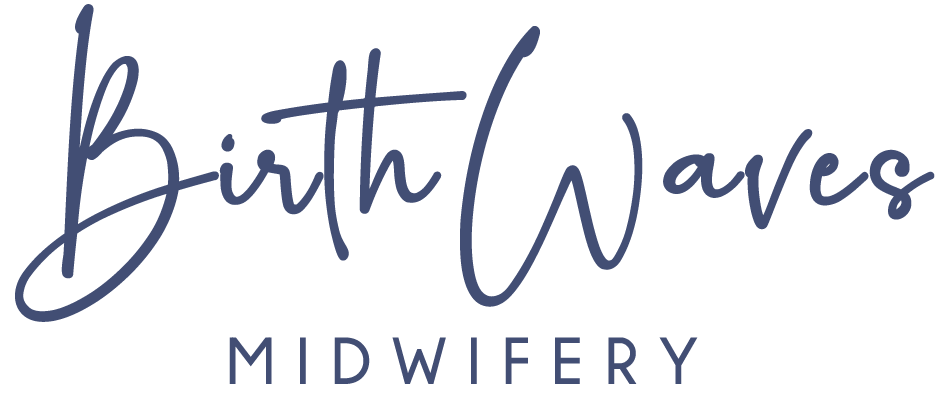Meet the Midwife
Hello! I’m so happy you’ve found me. I love being a midwife. It’s a deep part of who I am. Since I was very young, I’ve had a unique love and wonder for babies and families. Serving families as a midwife is my dream, my calling, and there is nothing I’d rather spend my days (and nights) doing.
I’ve devoted the last 18 years of my life to birth and postpartum work, starting as a doula then opening my own practice as a midwife over 5 years ago. I’ve been privileged to walk with hundreds of families while they welcomed their babies. It’s through these years of experience that I’ve grown my passion by seeing how much work there is to do to improve the support and quality of care families receive.
I’ve grown a profound love for postpartum support. It’s majorly lacking in our families, communities, maternity care, and culture. There’s a sense of rush to return to productivity and pre-baby normalcy while putting healing, bonding, and nourishment as low priority or not acknowledging these aspects at all. Many suffer in silence from postpartum mood disorders with no resources. There is finally a movement starting to bring focus to the importance of the postpartum period and I couldn’t be more thrilled to be a part of it.
After living in South America, my eyes were opened to see a small part of the challenges that many face here in the US. I’m honored to help Spanish speaking families grow and feel supported through respectful care. I also support families as a placenta encapsultor, bodyworker, postpartum doula, and birth photographer. After graduating from Nizhoni Institute of Midwifery in 2018, I embarked on a new journey and Birth Waves Midwifery was born.
— My Promise —
Birth Waves Midwifery exists to serve and empower families, providing quality holistic well person, preconception, pregnancy, birth, and postpartum care. I am honored to provide unprejudiced care for all families regardless of background, identity, religion, race, gender, disability, sexual orientation, or family dynamics. I strive to not only fill in the gaps of traditional care, but to improve the quality of care by prioritizing education, shared decision making, extended postpartum care, and integrated community referrals and resources.

Fun Facts About Me!
I’m a California native, born and raised!
I lived in Chile for several years and am fluent in Spanish
I love to travel when I’m not waiting for babies
I’m a dog lover and really enjoy getting to know the furry members of your family
As a postpartum doula, I specialized in twins & triplets
The biggest baby I’ve caught weighed over 11 lbs!
If you’re interested in working with me or have some questions, I’d love to talk with you! Please give me a call or send an email!










